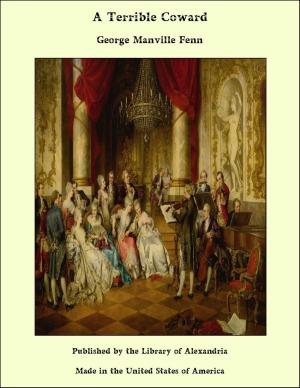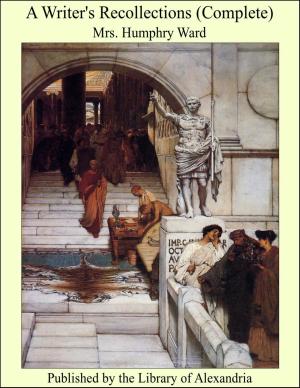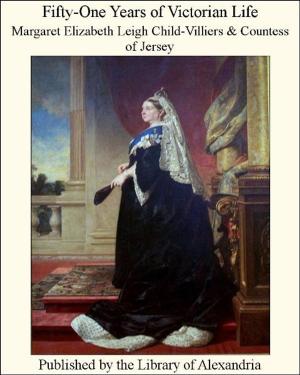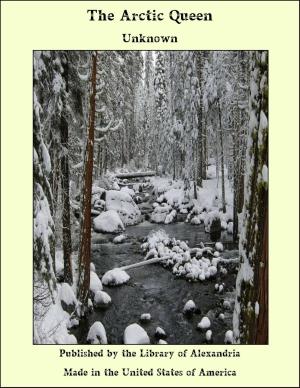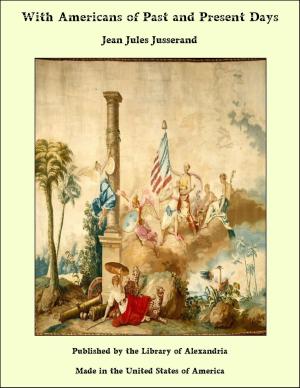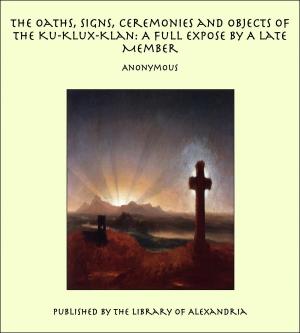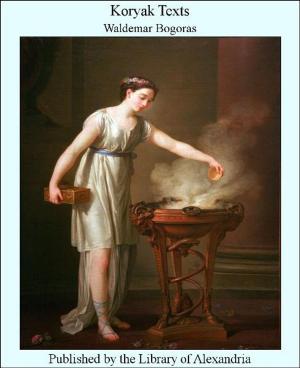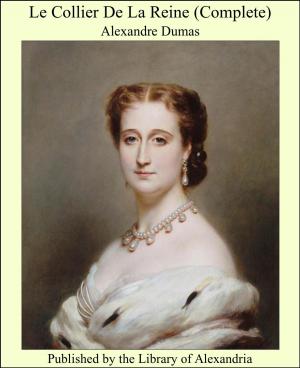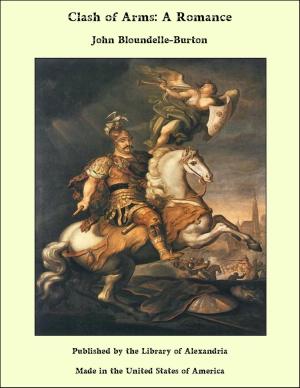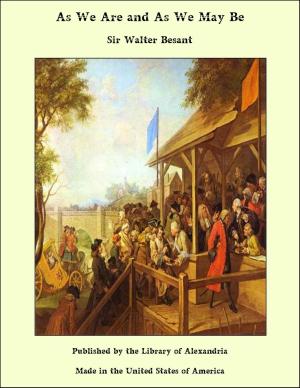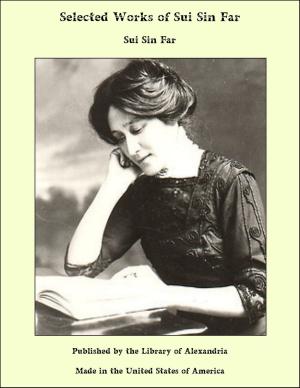The German Element in Brazil: Colonies and Dialect
Nonfiction, Religion & Spirituality, New Age, History, Fiction & Literature| Author: | Benjamin Franklin Schappelle | ISBN: | 9781465539205 |
| Publisher: | Library of Alexandria | Publication: | March 8, 2015 |
| Imprint: | Language: | English |
| Author: | Benjamin Franklin Schappelle |
| ISBN: | 9781465539205 |
| Publisher: | Library of Alexandria |
| Publication: | March 8, 2015 |
| Imprint: | |
| Language: | English |
The primary purpose of this work is to give an idea of the dialect which has been developed by the German-speaking element in Brazil. As comparatively little is known by the English-speaking public concerning the history, location and relative importance of the German element in Brazil (judging from extant English publications referring to the subject), the main part of the work has been preceded by a chapter dealing with these particular phases. This first chapter is also intended to prepare the reader to form a reasonable estimate of the comparative importance and extent of the dialect under discussion in the main part of the work. In connection with this study the author is particularly indebted to the well-known authority on German American cultural relations and conditions, Professor Marion Dexter Learned, of the University of Pennsylvania. It was at his suggestion and under his constant help and advice that the plan was carried out. While on a trip of investigation in Brazil the writer was furnished important information and material by Friedrich Sommer, Direktor of the "Banco Allemão Transatlantico" of São Paulo; Henrique Bamberg of São Paulo; Otto Specht, Chefe da Secção de Publicidade e Bibliotheca of the "Secretaria da Agricultura" of São Paulo; Johann Potuček, Austro-Hungarian Consul in Curityba; J.B. Hafkemeyer, S.J., of the "Collegio Anchieta," Porto Alegre; G.A. Büchler of the "Neue Schule," Blumenau; Cleto Espey, O.F.M., of the "Collegio St. Antonio," Blumenau; E. Bloch, Engenheiro Chefe da Estrada de Ferro Santa Catharina, Itajahy; Nikolaus Dechent, Direktor of the "Deutsche Schule," Joinville; Petrus Sinzig, O.F.M., of the "Convento dos Franciscanos," Petropolis; Edmondo Hees, Editor of the "Nachrichten," Petropolis; Pastor Fr. L. Hoepffner of the "Deutsch-Evangelische Gemeinde," Rio de Janeiro; W. Münzenthaler, Kaiserlicher General-Konsul, Rio de Janeiro; and Heinrich Lotz, Kgl. Bezirksgeologe a.D., Berlin
The primary purpose of this work is to give an idea of the dialect which has been developed by the German-speaking element in Brazil. As comparatively little is known by the English-speaking public concerning the history, location and relative importance of the German element in Brazil (judging from extant English publications referring to the subject), the main part of the work has been preceded by a chapter dealing with these particular phases. This first chapter is also intended to prepare the reader to form a reasonable estimate of the comparative importance and extent of the dialect under discussion in the main part of the work. In connection with this study the author is particularly indebted to the well-known authority on German American cultural relations and conditions, Professor Marion Dexter Learned, of the University of Pennsylvania. It was at his suggestion and under his constant help and advice that the plan was carried out. While on a trip of investigation in Brazil the writer was furnished important information and material by Friedrich Sommer, Direktor of the "Banco Allemão Transatlantico" of São Paulo; Henrique Bamberg of São Paulo; Otto Specht, Chefe da Secção de Publicidade e Bibliotheca of the "Secretaria da Agricultura" of São Paulo; Johann Potuček, Austro-Hungarian Consul in Curityba; J.B. Hafkemeyer, S.J., of the "Collegio Anchieta," Porto Alegre; G.A. Büchler of the "Neue Schule," Blumenau; Cleto Espey, O.F.M., of the "Collegio St. Antonio," Blumenau; E. Bloch, Engenheiro Chefe da Estrada de Ferro Santa Catharina, Itajahy; Nikolaus Dechent, Direktor of the "Deutsche Schule," Joinville; Petrus Sinzig, O.F.M., of the "Convento dos Franciscanos," Petropolis; Edmondo Hees, Editor of the "Nachrichten," Petropolis; Pastor Fr. L. Hoepffner of the "Deutsch-Evangelische Gemeinde," Rio de Janeiro; W. Münzenthaler, Kaiserlicher General-Konsul, Rio de Janeiro; and Heinrich Lotz, Kgl. Bezirksgeologe a.D., Berlin


